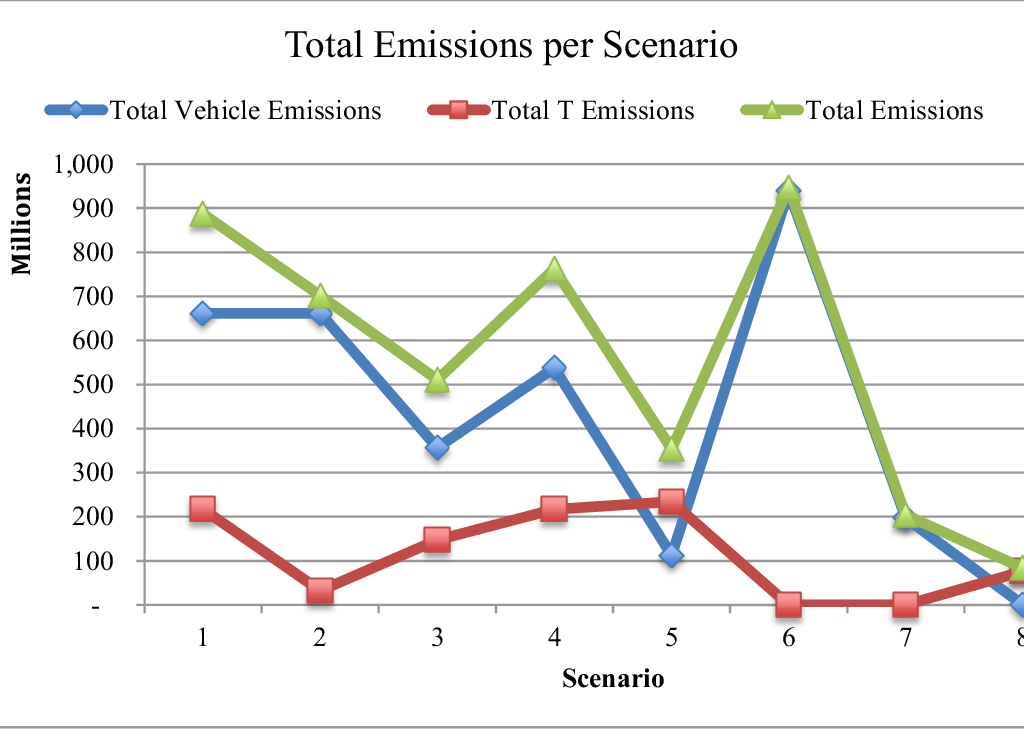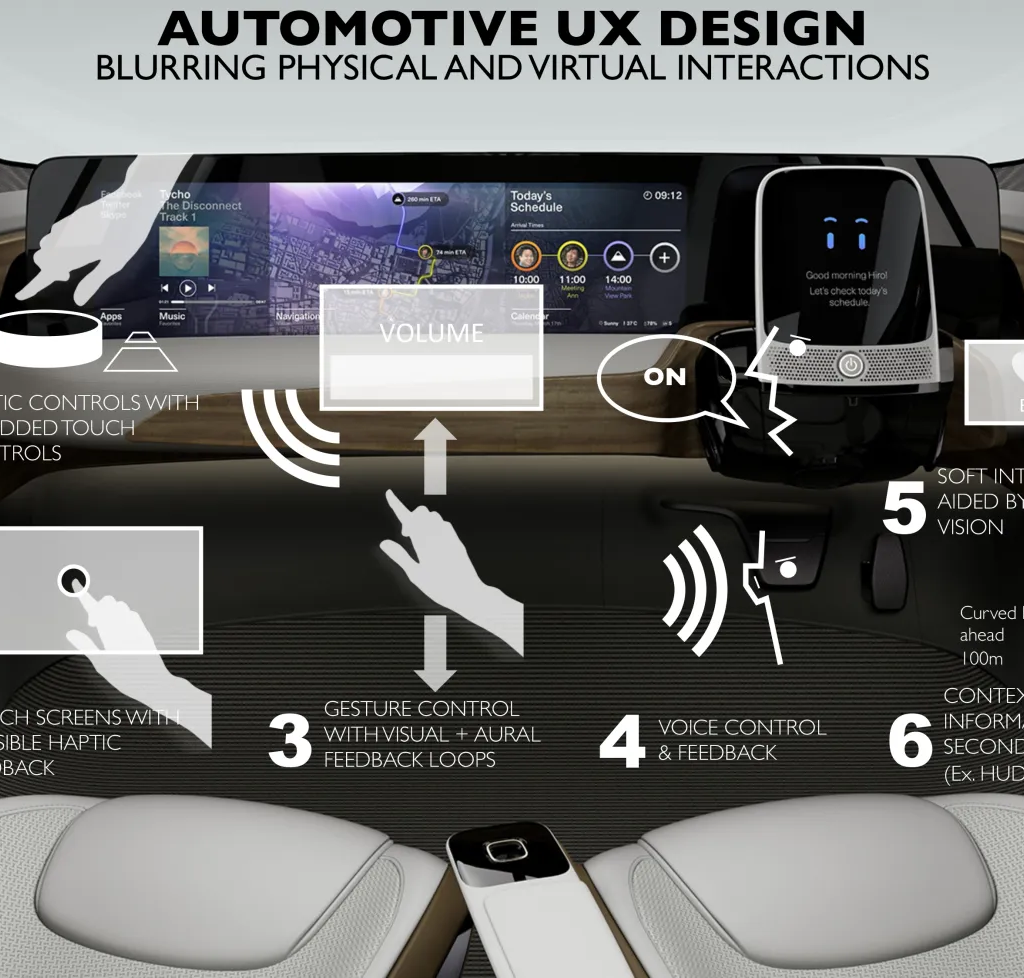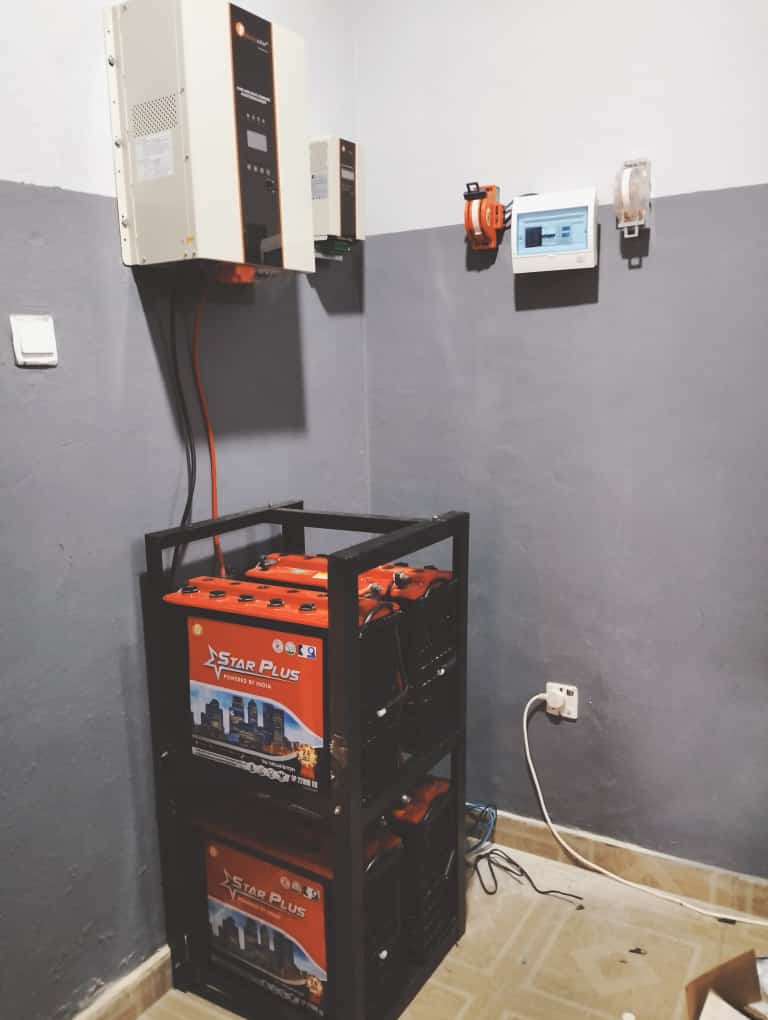As time goes on, autonomous vehicles would be able to overpower the carbon emission cars which would generate as many greenhouse gas emissions as all the data centers in the world today. This one key findings of the MIT (Massachusetts Institute of Technology).

Data centers are largely use for leaving footprint which account for 0.3 percent of global greenhouse emission, or as much carbon Argentina produces annually. The MIT researchers, took a statistical data realizing that there is less attention on footprint of autonomous vehicles. They decided that 1 billion autonomous vehicles, each driving for an hour per day with an AI on board consuming a maximum of 840 watts, would absorb enough energy to generate the same number of emissions as data centers do.

The researchers also discovered that in over 90 percent of modeled scenarios, to keep AI powered car emission from moving above its data center radiation, each of the computer powered vehicles must use less than 1.2 kilowatts of power for data representation, which would require a more efficient hardware compared to it other hardware. In one scenario, where 95 percent of the global fleet of vehicles is autonomous in 2050, analytical task at hand increase twice the size every three years, and the earth decarbonizes continuously. They discovered that hardware capacity would need to double faster than every 1.1 years to keep radiation under those level.

“If we just keep the business-as-usual trends in decarburization and the current achievements, it doesn’t seem like it is going to be enough to constrain the emission from computing onboard autonomous vehicles.
This method has the potential to become difficult problem. But if we are able to get ahead of this problem, we could design/manufacture more efficient vehicles that have a smaller carbon track from start.
Read More
Robotic Fish ‘robo-fish’ Help with Plastic Pollution Removal In Waterways
Model Emission
The researchers built a structure to tour the operational radiation from computers on board a worldwide fleet of electric vehicles that are fully autonomous, meaning they don’t require a backup driver(human).

The replica is a purpose of the number of vehicles in the worldwide fleet, the hours driven by each vehicle, and the carbon intensity of the electricity powering each computer.
Keeping Emission In Check
In order to keep radiation from twisting out of order, the researchers discovered that autonomous cars need to consume less than 1.2 kw of energy for calculating. In order to be achieved, computing hardware must become more efficient at a significantly faster pace doubling in efficiency about every 1.1 years.

In a way to boost the efficiency would be the use of more specialize hardware to run a smooth driving algorithms. Because researchers know the navigation and perception task required for self-driving cars. It is easier to build a specialized hardware for those works, Sudhakar says. Though vehicles have a 10–20-year lifespans, so one challenge in developing specialized hardware would be to “future proof” so it can run new algorithms.
In the future, researchers could also make the algorithms more efficient, so they would need less computing power.
conclusion
researchers are looking for a way to reduce the rate of radiation in autonomous cars and a way to make a better hard drive in order to make the self driving cars more efficient and conducive for our environment an a decarbonized place to live.

